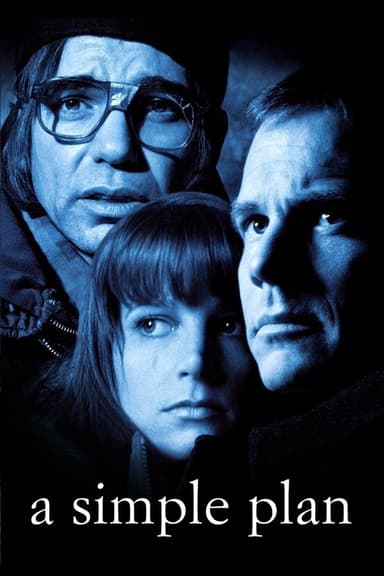
Indecent Proposal
1993 • Drama, Romance • R
John Gage offers a down-on-his-luck yuppie husband $1 million for the opportunity to spend the night with the man's wife.
Runtime: 1h 57m
Why you should read the novel
If you appreciate complex character studies and psychological depth, Jack Engelhard’s original novel 'Indecent Proposal' offers so much more than its cinematic adaptation. The book dives into the moral ambiguities and emotional turmoil faced by the main couple, exploring their internal struggles with a rawness and honesty often lost on screen. Through vivid prose and intimate narration, readers gain insight into motivations and vulnerabilities that amplify the tension and humanity of this provocative story.
By reading the novel, you can engage directly with the author’s intent, unfiltered by Hollywood’s commercial demands. Engelhard’s writing compels readers to confront uncomfortable truths about temptation, love, and loyalty—making for a far richer and more reflective experience than the movie’s streamlined melodrama. The book’s narrative relies less on steamy visuals and more on thoughtful dialogue and nuanced exploration of the costs of desire.
For those who prefer stories that linger in the mind and heart, the novel is a rewarding exploration of human relationships under extraordinary pressure. While the film trades in sensationalism and spectacle, the book invites contemplation and empathy—qualities that deepen your understanding long after the last page is turned.
Adaptation differences
The film adaptation of 'Indecent Proposal' makes several key changes to Jack Engelhard’s novel, beginning with the tone and setting. The novel is sharper and more cynical, with a biting critique of American materialism and romantic ideals, whereas the film softens much of this content to focus on melodramatic and romantic themes. The setting also shifts—from Atlantic City and New York in the book to the glitzy world of Las Vegas in the movie—changing the atmosphere and underlying cultural commentary.
The portrayal of the main characters differs significantly between book and film. In Engelhard’s original, the protagonist (Joshua) is a Jewish man, and his cultural and religious background plays a significant role in his internal conflict, adding complexity and layers to his morality. The film, however, replaces the leads with all-American archetypes (David and Diana Murphy), minimizing the specific cultural identity that shapes the book’s narrative and character motivations.
Moreover, the book delves deeper into the psychological aftermath of the titular proposal, unraveling the consequences on the marriage with uncomfortable honesty. Engelhard examines issues of jealousy, guilt, and self-worth far more intricately than the film, which tends to gloss over these difficulties for a more optimistic and reconciliatory resolution. The book’s ending is notably darker and less tidy, refusing the clear closure that the film offers its audience.
Another significant change is the depiction of the billionaire character. In the novel, the wealthy suitor is more enigmatic and threatening, his motivations far less romanticized. The film recasts him as a charming and sympathetic figure, making the emotional stakes between the three leads simpler and more palatable for viewers. Altogether, these variations result in a movie that emphasizes romance and spectacle, while the novel remains a provocative and challenging examination of love put to the ultimate test.
Indecent Proposal inspired from
Indecent Proposal
by Jack Engelhard



